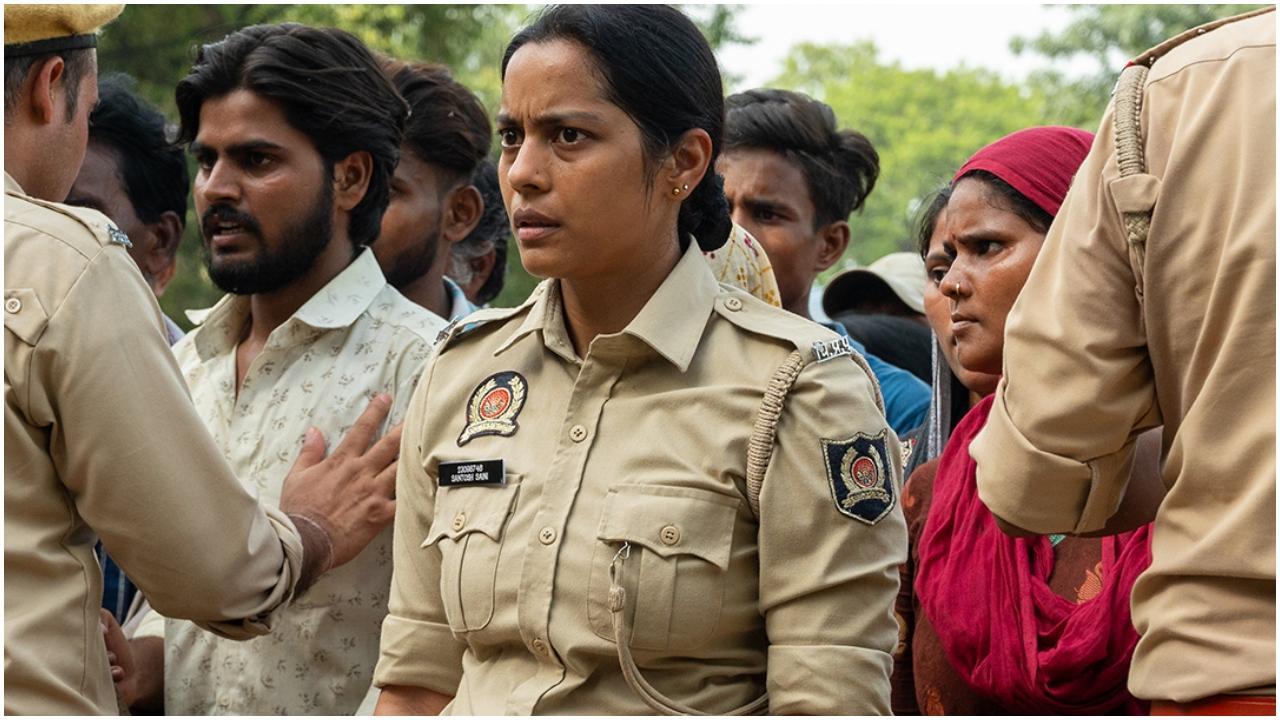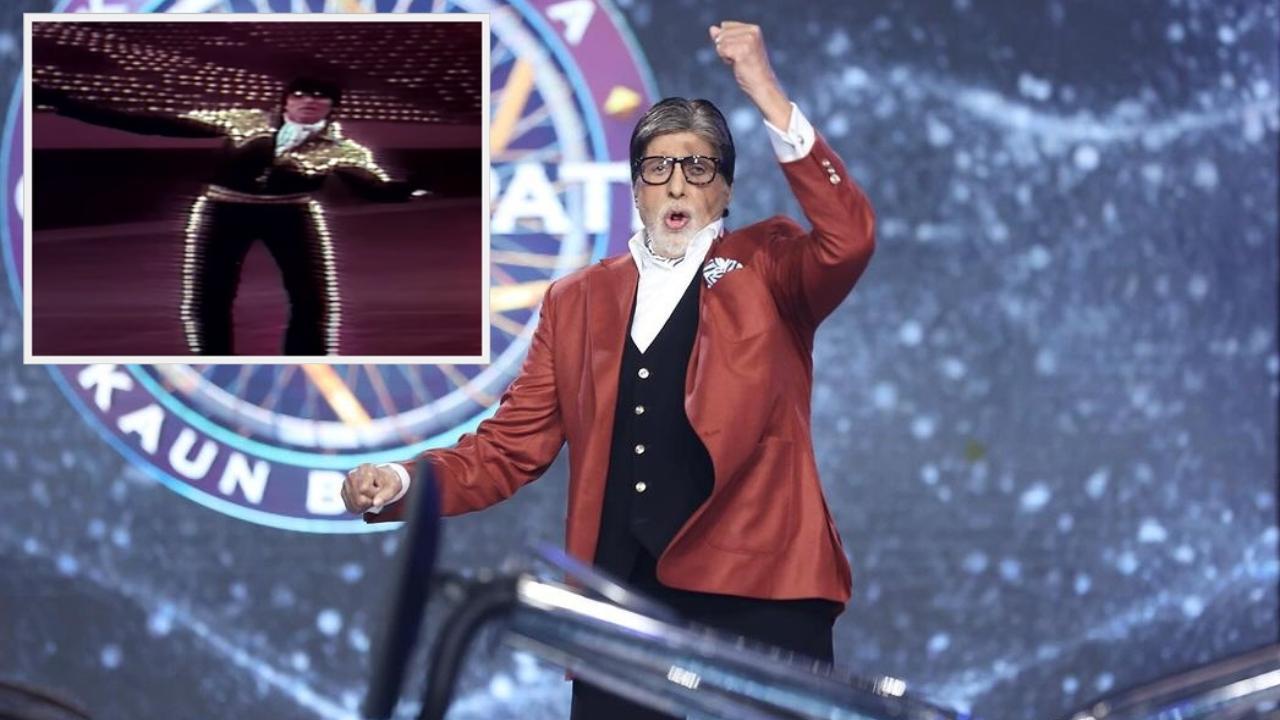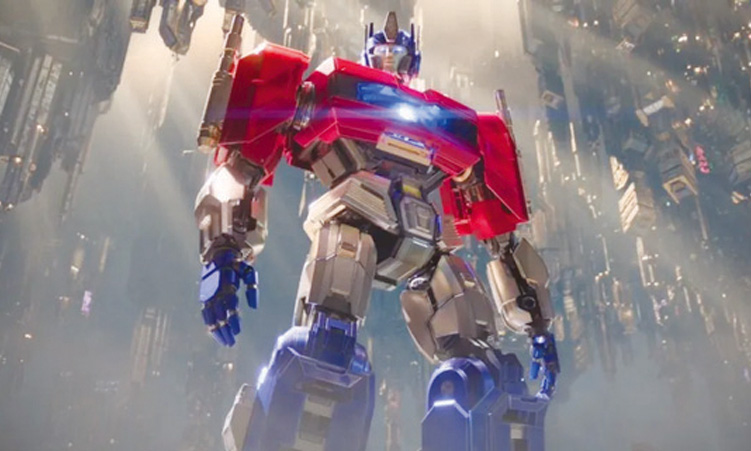At the Toronto International Film Festival, director Antoinette Jadaone brings Sunshine to the global stage. “Sorry!” Maris Racal says during our call while packing her suitcase. To the disappointment of many, the plane she’s boarding won’t be heading to the Toronto International Film Festival for the world premiere of Sunshine ; she’s on her way to Italy to film another project.
“But I’m so happy that Direk Tonet will get to experience it,” she says. “I’ll be there in spirit!” Sunshine , a film directed by Antoinette Jadaone (fondly known as Direk Tonet), tells the story of a young female gymnast who accidentally gets pregnant while training for the Olympics . A week after its world premiere at TIFF, Jadaone shares that she’s grateful for the opportunity.

“Seeing our kababayans sa audience, it’s a different feeling,” she says. “It ceases to be just a film. It’s a story that lives on with them, and I feel so lucky to be a Filipino filmmaker today.
” In an interview with Vogue Philippines , translated from Filipino to English and condensed for clarity, Jadaone and Racal talk about the making of the film. Direk Tonet, where did you get the idea for Sunshine ? What influenced the direction you took for it? Antoinette Jadaone : It began in 2020. The germ came after I watched Jojo Rabbit where a kid imagined a fictitious Hitler into life.
I want to enter the chaos, the confusion inside the mind of a pregnant teenage girl whose life is just about to begin. What if the confusion in her mind was given a tangible representation? The milieu is the Manila of the here and now, specifically the irony around Quiapo Church. The Quiapo Church is a prominent symbol of Catholicism in the Philippines.
Filipinos flock to this church, but it is also where women go to buy abortion drugs from the dozens of stalls that surround it. This is the Manila where Sunshine lives. It is not just a milieu but a character, both Sunshine’s friend and foe.
When I was doing my research, one prominent imagery is a stall selling Mama Mary statues, rosaries, and scapulars in the same stall that is also selling “pamparegla (abortion drugs).” The two of you have worked together before on other projects. Direk, how do you guide your lead actresses in film? What was it like to work together on Sunshine ? AJ : I think it really starts with casting the right actress.
They say, directing is 90% casting. If the right actor is paired with the right material, the whole directing process is so much easier. Right casting elevates the film to such new heights.
I take my time in casting. I do a lot of acting preps and workshops before the shoot so when we’re on set, we’re familiar with characters and their arcs. I’ve worked with Maris in three projects — The Kangks Show , Simula sa Gitna and Suntok sa Buwan — before Sunshine .
Those three projects prepared us maybe unwittingly for Sunshine . We’ve developed a friendship, a professional relationship built on trust. That helped us navigate the character, the journey.
Maris Racal : I wanted her to take the lead with this one. I’ve worked with her so many times, but this is my first time working with her in one of her baby projects. And when I say baby projects, I mean projects such as Fangirl and Never Not Love You .
The films that she wrote and worked hard on for years. Working with her in a different movie, in a different tone, she’s so serious. Serious in the sense that she’s so passionate about everything.
In terms of acting, she’s the type of director that will really test your instincts. I love directors like that. Before we would do a take, she would ask me, “What do you want to do?” and I would say, “Direk, let’s see.
Let’s do a take and let’s see what I’ll do with the scene.” And when she likes it, then it’s okay. But when she wants to add something, she would tell me.
And she would tell me with a reason why. Direk, another detail that audiences love about your films is how it always feels “real,” peppered with moments such as Sunshine getting emotional on the jeepney. Is this always a conscious decision you like to include in your films? AJ : Not really.
I was surprised that that scene from the trailer made an impression [laughs] because it’s so normal yet it’s so rare to see in film? I don’t know. But whatever I write for my scenes, it’s all for the character and the vision of the film. Maris, you have a naturally energetic and charismatic personality.
Do you ever feel like you need to tone that down for your more serious roles? MR : Big, big, yes [laughs]. I mean, for this project, I had to unlearn my mannerisms to step into Sunshine’s shoes. She’s very emotionally contained, which is the total opposite of who I am as a person.
Sometimes when we’re filming a scene, I would just break down and cry. I would feel very heavy and I’ll cry even when it’s not in the script. Direk doesn’t cut in the middle of the scene, which I like because she likes to see my first instinct.
But after the take she would say, “Maris, it’s okay that you cried, I felt the emotions. But this time, just feel the weight of it but don’t explode.” So imagine how heavy I felt! There was a big adjustment with this role, and I’m happy that I got to experience it for the first time.
Out of all the roles you’ve done, this one feels the most pivotal. What does it mean for you to do this film? What other roles would you like to explore in the future? MR : Huge is an understatement, but I don’t know what other words there could be for it. I learned a lot while making this film, and I’m so thankful for Direk Tonet for entrusting me with this huge responsibility.
There’s a lot of girls like Sunshine in the Philippines and in the world, and I feel thankful that I got to learn so much from portraying and studying her. In the future, I want to give life to roles that represent the marginalized communities. Art plays a big role in progressing the country, because you’re educating people through it and it helps people understand certain things better.
I want more roles that fight for people and our rights, to support marginalized people. Sunshine is dealing with the sensitive topic of abortion. How do you think the film contributes to that discussion here in the Philippines? AJ : About 500 Filipino teenagers become mothers every day.
I interviewed poor, young mothers who contemplated abortion but decided to continue with their pregnancy. Their chilling stories mirror a reality we don’t face. The abortion ban may be protecting the unborn, but it’s killing our women too – both literally and figuratively.
As a woman who acknowledges her middle-class privilege, I want to tell the story of those who are not as fortunate. In a third world country, choice is a privilege. It’s true that it takes a village to raise a child, but who will raise the young woman forced to be a mother because she had no choice? The Philippines is in a dire political, economic and social turmoil.
This story goes beyond abortion. Behind every pregnant teenager after all, is a society that lets this happen to them. MR : I feel like this movie will be important someday.
Especially when the day comes that women will be heard. For me, Direk Tonet is brave for tackling abortion in a film. Actually, we’re not even sure if it’ll be screened in the Philippines.
But this is a big contribution to the fight for women’s choices and for the country to progress. I feel very emotional when I say this, [tearing up]. When I studied for this role I got to talk to people who were in Sunshine’s shoes, and they didn’t have a choice because they were told that it was wrong.
And for me, it’s your body. And you have the right to choose what you want to do with it. It’s not something that I would personally do myself because I had the opportunity and the privilege to learn the repercussions and consequences of indulging in sexual activities.
But there are others who don’t have a clue, and when it happens to them it ruins their lives. I feel like women should have a safe choice, a safe option for their bodies..




















